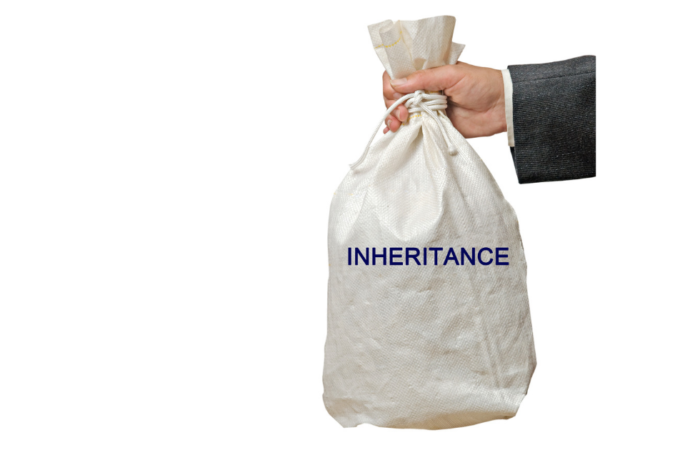One of the most famous Bible stories of all time is Jesus’ parable of the Prodigal Son (Luke 15:11-32). A man’s son asks for his inheritance early, and then he goes and blows it IMMEDIATELY on “dissolute living.” When he comes back home, broke and hungry, his dad welcomes him back with open arms– forgiving him, and even throwing him a welcome back party. The other brother is upset about the welcome his brother is receiving, but the dad is just thrilled that the son has returned.
Every time I read this Bible story in the past, I’ve reacted in one of two ways:
- The dad is God– how amazing is it that even when we do stupid things, God forgives us and welcomes us back with a (metaphorical) party!
- How dumb is that son– who in his right mind asks for his inheritance before his dad actually dies, and then blows his inheritance in such a short span of time??? What an idiot. I would never do that!
If I was honest, #2 beat out #1 pretty regularly. It feels good to feel superior to others, doesn’t it??
But this past week I had a rude awakening– we are so much more like that prodigal son than we realize.
Spending Our Inheritance
I’m working on my doctorate in Christian Spirituality, and I recently took a week-long intensive class on Preaching Philanthropy. And when we had a guest speaker come in to talk about long-term gift planning, I found out a mind-blowing statistic.
1 out of 3 American heirs spend their inheritance within 2 years. For real.
This is an insane statistic. 1/3 of us who receive money from a deceased loved one will spend it like crazy and end up back where we started (or maybe even in debt!) in the span of just two years.
What does this say about our spending habits?? Our ideas about how money should be spent are so skewed that when we receive a windfall of money, we just go nuts.
Simply put, this is not good stewardship. We are not honoring God or our loved one by blowing what we received so quickly– not to mention probably blowing the money on things that are not worthwhile, lasting, or serving others.
Being Good Stewards
As heirs to God’s promise (Galatians 3:29), we are called by God to use the resources God has blessed us with wisely. Because our inheritance in Jesus Christ is our salvation (Ephesians 1:11-14), we don’t have to worry about earning our way to Heaven. We are free to use our earthly time, energy, God-given talents, and money to serve God and others.
And although the prodigal son was welcomed back and forgiven, it’s important to note that the inheritance was still gone. He couldn’t receive his part of the inheritance again– it was spent, never to be seen again. How we choose to spend the monetary resources given to us by God matters and has a long-lasting impact.
God is calling us to use our money in ways that are in line with God’s work here on earth. Even if we haven’t received an inheritance from a deceased loved one, we can honor God through our spending habits and be more intentional in our spending and our consumption.
How can we be less like the prodigal son and use our God-given inheritance to the glory of God?


3 Comments
John
March 29, 2019 - 8:56 amWhile this may be stretching the analogy a bit how does this apply to congregations struggling to survive and relying on investments and savings accounts to keep the doors open? What does it say about maintenance ministry to simply keep going in a chaplaincy mode? Many of our congregations have substantial resources that could be used to open up new opportunities for ministry and engagement with the world in unique and startling ways. How do we ask the same questions in this context regarding spending our inheritance? Not looking for answers, just thinking out loud.
Becca Ehrlich
March 29, 2019 - 9:21 amThese are great questions, and I don’t think this is stretching the analogy at all. You bring up a good point– how do we use our inheritance from God not only on a personal level, but also on a communal level? How can congregations best use their inheritance/resources to further God’s work in our world, taking into account their current financial situation? I think this concept would work well on the congregational level for sure, to get folks to think in more depth how God is calling them to use what they have wisely.
April Mack
April 3, 2019 - 6:02 pmJust found you and your blog by searching #christianminimalism on Twitter. Like you, a move and the documentary by the Minimalists opened my eyes to minimalism (along with Marie Kondo’s books). I sought out a Christian perspective on this and couldn’t find much either! I did find a small channel on YouTube called Shoesless Joe who talks about minimalism and his Catholic faith, but I wanted more. Since January I’ve felt called to write about it myself, so now I’m just getting started. I’m so glad I found you! Looking forward to supporting you in this great work we share.